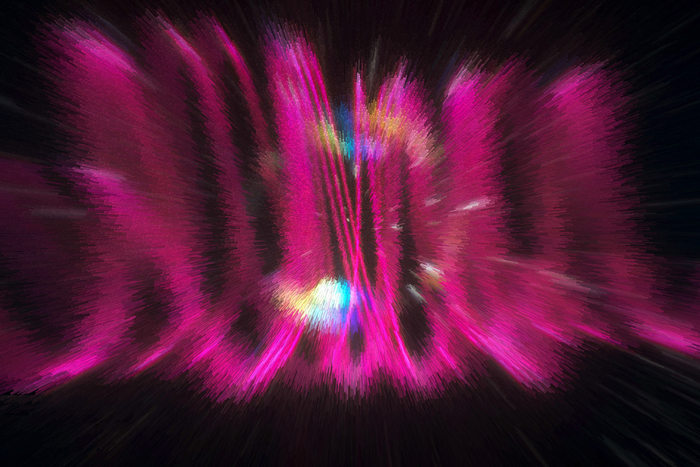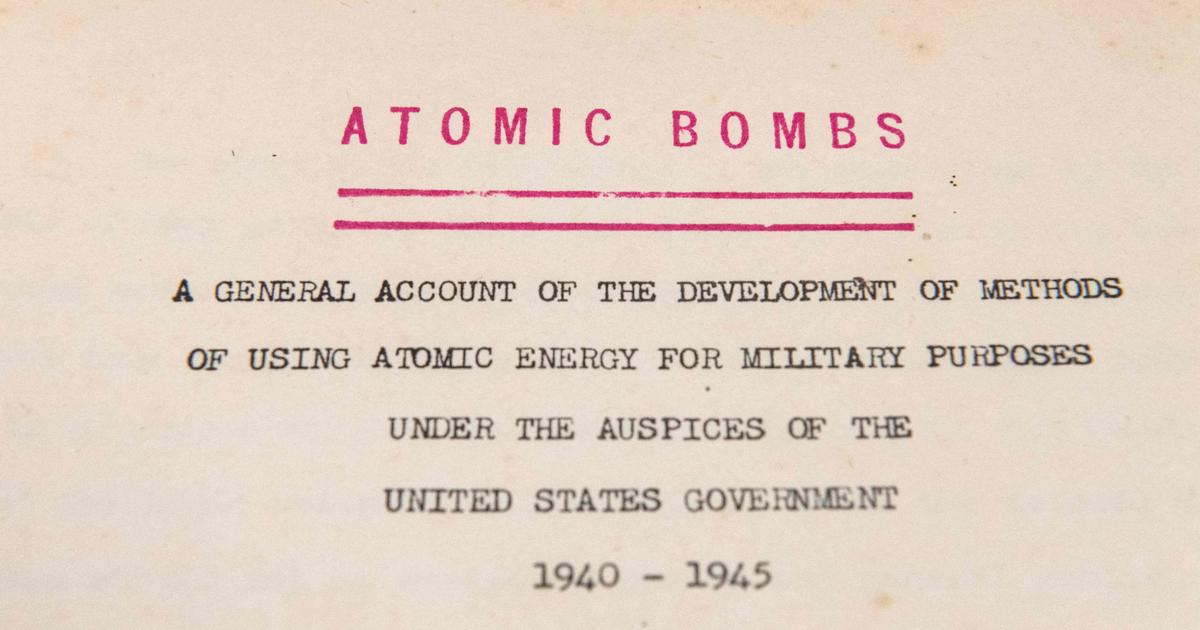Enlarge image
The particle accelerator at CERN resumes operation
Photo: Denis Balibouse / REUTERS
CERN, the European organization for nuclear research, spent around three years tinkering, maintaining and optimizing.
Now the time has come: The largest research machine in the world has resumed operations.
The particle accelerator has been powered up.
The so-called "Large Hadron Collider" enables the scientists at Cern near Geneva to collide protons at almost the speed of light.
To do this, they send the particles through a 27-kilometer ring tunnel.
If the particles collide, experts can then look for traces of newly formed particles.
According to CERN, two beams of rays were sent through the tunnel in opposite directions this Friday.
»Like a rocket launch«
Preparations for the restart have been going on for several weeks, around the clock.
The German CERN research director Joachim Mnich told the dpa news agency that it was “like a rocket launch”.
Minutes before the start, it could have to be canceled because a problem arises.
But at Cern everything went smoothly.
The proton beam was aligned with millimeter precision and finally started at the push of a button.
The particle accelerator, which is located 100 meters underground, was shut down in December 2018 - for the second time since it was first commissioned in 2008. During this second long break, maintenance work was carried out, but also improvements to the particle accelerator and to make the connected detectors even more powerful.
Now the experts at Cern hope that the upgraded machine can collect up to ten times as much data as before.
A journey back in time to the creation of the universe
It will be a while before the particle accelerator is fully operational again, said Rhodri Jones, head of the Department of Radiation Instruments at Cern.
Proton collisions with higher intensity and energy should be possible again in a few months.
The experiments, which are then possible again, are intended to reveal insights into the fundamental laws of the universe.
Because the particle accelerator can be used to simulate the time when the universe came into being around 14 billion years ago.
That is why it is also called the »world machine«.
more on the subject
Discovery of the Higgs boson: A new look at our worldBy Markus Becker
When the particles collide, researchers observe the decay processes and gain insights into the smallest components of matter, the elementary particles.
In 2012, the Higgs boson, the so-called “God particle”, was detected for the first time in this way.
The particle had already been theoretically described 40 years earlier, but its existence was only proven at Cern.
The Higgs boson contributes to the fact that elementary particles have mass.
more on the subject
Particle Physics Quiz: The Fascination of the TinyBy Nina Weber
After the upgrade, the Higgs particle is now to be examined in all its details.
New types of particles could also be discovered, for example supersymmetric particles, which exist in theory but have not yet been proven.
Due to the technical expansion, more collisions are now possible than ever before - around 1,000,000,000,000,000 a year, i.e. a quadrillion, as the research director Mnich explained.
However, only about one in 100,000 collisions bring processes to light that are worth closer analysis.
The data is stored within milliseconds, the evaluation can take years.
vki/dpa/AFP















